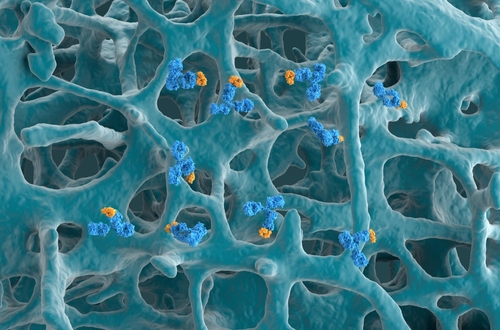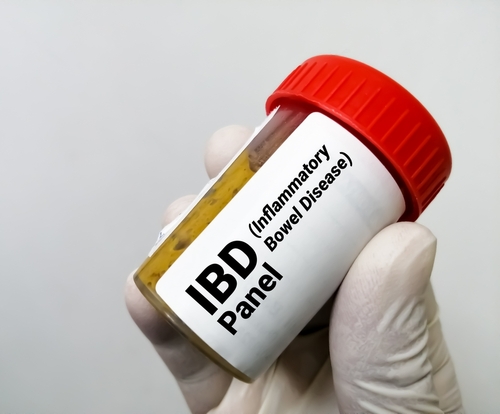
Last week, the U.S. Food and Drug Administration (FDA) announced that it is requiring a boxed warning – the agency’s highest warning – for the drug montelukast (Singulair), which is used to treat asthma and hay fever. The FDA issued the increased warning amid continued reports of montelukast causing neuropsychiatric events, such as agitation, depression, sleep problems, and suicidal ideations and actions.
The FDA noted that it updated product labeling in 2008 to include information of neuropsychiatric events reported with the use of montelukast. However, they continued receiving reports of suicide and other adverse events, which prompted them to evaluate available data and assess observational studies in published literature. The FDA also conducted their own observational study, using data obtained in the Sentinel Distributed DatabaseExternal Link Disclaimer, and presented their findings at an advisory committee meeting last year.
Risks Outweigh the Benefits
As part of its review, the FDA re-evaluated the benefits and risks of montelukast as the “treatment landscape has evolved since the drug was first approved” in 1998. Based on their evaluation, the FDA determined the risks of montelukast may outweigh the benefits in some patients, particularly when the symptoms of the disease are mild and can be adequately treated with alternative therapies. For hay fever in particular, the FDA determined that montelukast should be reserved for patients who have not responded adequately to other therapies — or who cannot tolerate these therapies.
“We are taking this action after a review of available information led us to reevaluate the benefits and risks of montelukast use. Montelukast prescribing information already includes warnings about mental health side effects, including suicidal thoughts or actions; however, many health care professionals and patients/caregivers are not aware of the risk. We decided a stronger warning is needed after conducting an extensive review of available information and convening a panel of outside experts, and therefore determined that a Boxed Warning was appropriate,” the FDA wrote in a Drug Safety Communication.
FDA requires Boxed Warning about serious mental health side effects for asthma and allergy drug montelukast (Singulair); advises restricting use for allergic rhinitis: https://t.co/kXDMDgrKZK. pic.twitter.com/ngO8LnoLI9
— FDA Drug Information (@FDA_Drug_Info) March 4, 2020
“We recognize that millions of Americans suffer from asthma or allergies and rely on medication to treat these conditions. The incidence of neuropsychiatric events associated with montelukast is unknown, but some reports are serious, and many patients and health care professionals are not fully aware of these risks,” said Sally Seymour, M.D., director of the Division of Pulmonary, Allergy and Rheumatology Products in the FDA’s Center for Drug Evaluation and Research in a press release.
“With today’s action, the FDA aims to make sure patients and medical providers have the information available to make informed treatment decisions. Importantly, there are many other safe and effective medications to treat allergies with extensive history of use and safety, such that many products are available over the counter without a prescription.”
FDA requires Boxed Warning about serious mental health side effects for asthma and allergy drug #montelukast (#Singulair); advises restricting use for allergic rhinitis https://t.co/BTxDjjz7cm #FDA #Allergy #Asthma #AllergicRhinitis #BoxedWarning pic.twitter.com/QaJLu1q1xE
— MedPipeline (@MedPipeline) March 4, 2020
FDA requires Boxed Warning about serious mental health side effects for asthma and allergy drug montelukast (Singulair); advises restricting use for allergic rhinitis https://t.co/MJiRspqNyv
— Dr Paul Vundi, MD (@vundi_dr) March 5, 2020







 © 2025 Mashup Media, LLC, a Formedics Property. All Rights Reserved.
© 2025 Mashup Media, LLC, a Formedics Property. All Rights Reserved.